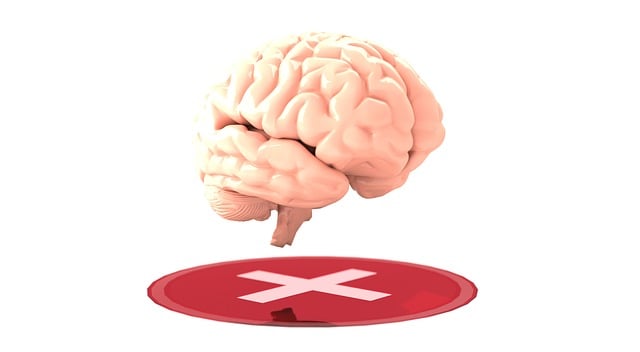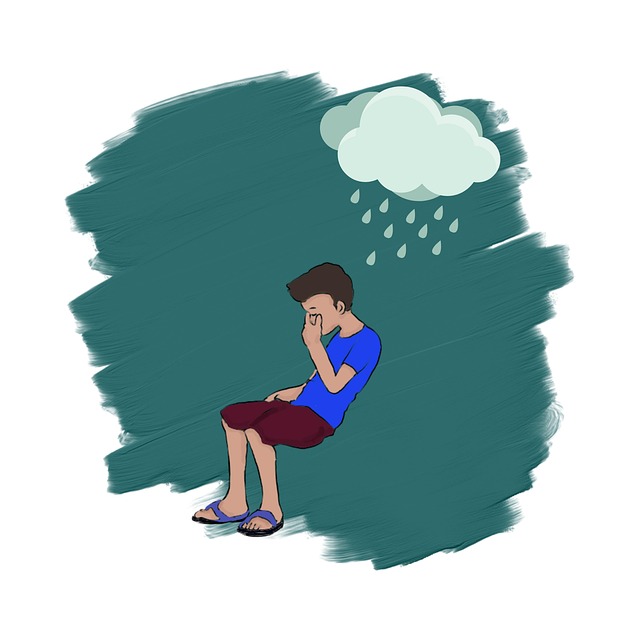Cultural sensitivity in mental healthcare is vital for effective treatment, especially for conditions like Parker Cancer Issues. Healthcare provider training equips them to navigate cultural complexities, leading to better communication and tailored services for diverse populations. This includes recognizing cultural influences on mental health, such as beliefs around weakness or shame, which can hinder support-seeking. Strategies like Mindfulness Meditation, policy advocacy, and holistic approaches bridge care gaps. The Parker Cancer Issues Therapy exemplifies this by addressing emotional well-being linked to cultural identity, promoting resilience through culturally competent care. Integrating language-accessible programs, family-focused education, and public awareness campaigns further enhances inclusive mental healthcare.
In today’s diverse society, cultural sensitivity is a cornerstone of ethical mental healthcare. Understanding the impact of cultural background on mental health and treatment seeking is vital for professionals aiming to provide effective support. This article explores strategies for practicing culturally sensitive care, drawing insights from innovative approaches like Parker Cancer Issues Therapy, which integrates cultural competence for enhanced patient outcomes. By delving into these topics, we aim to revolutionize mental healthcare practices in a bustling, diverse world.
- Understanding Cultural Sensitivity: A Cornerstone of Ethical Mental Healthcare
- The Impact of Cultural Background on Mental Health and Treatment Seeking
- Parker Cancer Issues Therapy: Integrating Cultural Competence for Effective Support
- Strategies for Practicing Culturally Sensitive Care in a Diverse Society
Understanding Cultural Sensitivity: A Cornerstone of Ethical Mental Healthcare

Understanding cultural sensitivity is a cornerstone of ethical mental healthcare. It involves recognizing and appreciating the diverse beliefs, values, and practices that shape individuals’ lives and experiences. In a world where cultural differences can significantly influence how people express emotions, seek support, and interpret their mental health challenges, healthcare providers must be prepared to offer services that are both effective and respectful. This is particularly crucial in treating complex conditions like Parker Cancer Issues, where cultural sensitivity can play a vital role in a patient’s journey towards recovery and improved mood management.
Healthcare provider cultural competency training equips professionals with the skills to navigate these complexities. By incorporating social skills training into their practice, providers can foster better communication, build stronger therapeutic alliances, and ultimately enhance patient outcomes. This training ensures that mental health services are accessible and tailored to meet the unique needs of diverse populations. Moreover, it promotes a more inclusive environment, encouraging empathy and understanding among healthcare professionals, which is essential in addressing Parker Cancer Issues and other culturally influenced mental health concerns.
The Impact of Cultural Background on Mental Health and Treatment Seeking

Our cultural backgrounds significantly shape our experiences and perceptions of mental health and illness. Different communities have unique beliefs, values, and practices that influence how individuals express and seek help for their psychological struggles. For instance, some cultures may view mental distress as a personal weakness or family shame, leading to hesitancy in seeking professional support, especially if traditional healing methods are preferred. Understanding these cultural nuances is paramount in mental healthcare.
The impact of cultural background on treatment-seeking behavior has important implications for Parker Cancer Issues Therapy and similar practices. Healthcare Provider Cultural Competency Training becomes an essential tool to bridge the gap between diverse patients and their care. By incorporating Mental Health Policy Analysis and Advocacy, we can ensure that policies reflect the needs of various communities. Additionally, practices like Mindfulness Meditation, when tailored to cultural contexts, offer holistic approaches that address not just symptoms but also the underlying societal influences on mental well-being.
Parker Cancer Issues Therapy: Integrating Cultural Competence for Effective Support

In the context of cultural sensitivity in mental healthcare practice, the Parker Cancer Issues Therapy stands as a beacon of hope and culturally competent care. This therapeutic approach recognizes that cancer patients’ emotional journeys are deeply intertwined with their cultural identities, requiring tailored support. By integrating inner strength development and leveraging public awareness campaigns development, Parker Cancer Issues Therapy aims to address not just the physical aspects of cancer treatment but also the psychological and socio-cultural challenges patients face.
Cultural competence is not merely an add-on; it’s a foundational element in effective mental healthcare. This involves understanding and appreciating diverse belief systems, values, and practices that shape how individuals perceive and cope with illness. By embracing cultural sensitivity in mental healthcare practice, therapists can create safe spaces where patients feel understood, validated, and empowered to navigate their cancer journeys with resilience.
Strategies for Practicing Culturally Sensitive Care in a Diverse Society

In a diverse society like ours, where individuals from various cultural backgrounds coexist, mental healthcare practitioners must embrace culturally sensitive care to provide effective treatment. This approach involves understanding and respecting different cultural beliefs, values, and practices related to mental health issues. One practical strategy is to integrate mental health education programs design that cater to diverse communities, ensuring they are accessible and culturally tailored. By offering resources in multiple languages and addressing specific cultural concerns, such as family dynamics or community support systems, practitioners can foster a sense of comfort and trust.
Additionally, developing public awareness campaigns focused on breaking stereotypes and promoting mental wellness can contribute significantly. These campaigns can help normalize conversations around mental health, encouraging open dialogue and challenging cultural barriers to seeking treatment. For instance, featuring diverse individuals in recovery stories or producing engaging mental wellness podcast series production can reach a wide audience, offering valuable insights and inspiration. Implementing these strategies, such as those inspired by Parker Cancer Issues Therapy, not only enhances the quality of care but also fosters an inclusive environment where every individual feels heard and supported.
Incorporating cultural sensitivity into mental healthcare is no longer a choice, but an imperative. As societies become increasingly diverse, understanding and respecting different cultural backgrounds are essential for providing effective treatment. The article has explored this topic through various lenses, including the impact of culture on mental health, successful integration of cultural competence in therapy, such as Parker Cancer Issues Therapy models, and practical strategies for delivering culturally sensitive care. By embracing these insights, mental healthcare professionals can ensure they offer inclusive and ethical support to all clients, fostering healthier communities.










